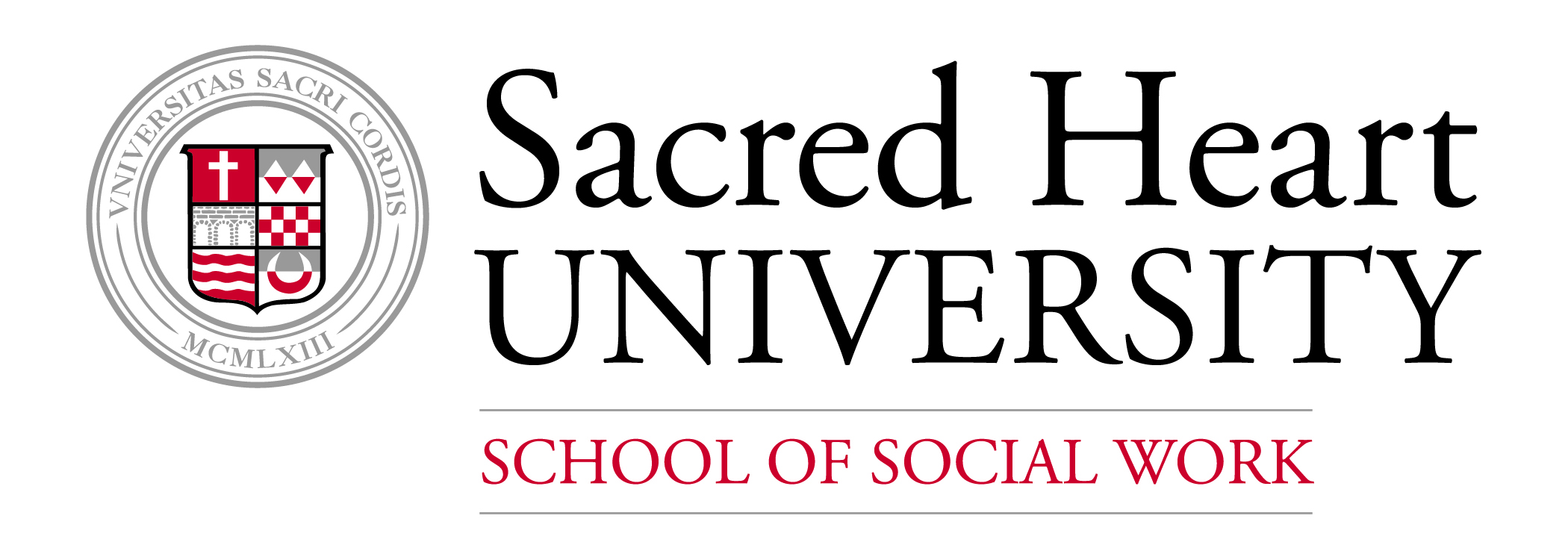Social Work, Problem Definition and Policy Change in the US: The Case of Sex Trafficked Youth
Document Type
Book Chapter
Publication Date
2019
Abstract
This chapter presents two critical theoretical frameworks, structural social work and critical consciousness theory, used to analyze the social problem of domestic minor sex trafficking (DMST), and identify policy changes that were created to challenge this form of structural violence. Critical theoretical frameworks are essential in helping social workers develop a comprehensive understanding of the manner in which political and social systems oppress marginalized populations. The central concern of these theories is power, and connecting the personal and the political, which can be accomplished by encouraging social workers and clients to use their life experiences to advocate for and change ineffective and outdated policies. Through a case example, this chapter will demonstrate how social workers facilitated the public participation in shaping social policies and institutions in the state of Connecticut to provide better outcomes for the victims of DMST.
DOI
10.2307/j.ctvhktj6v.8
Recommended Citation
Rozas, L., Feely, M., & Ostrander, J. (2019). Social work, problem definition and policy change in the US: The case of sex-trafficked youth. In U. Klammer, S. Leiber, & S. Leitner (Eds.), Social Work and the Making of Social Policy (pp. 37-52). Bristol, UK: Policy Press. Doi: 10.2307/j.ctvhktj6v.8



Comments
Chapter in book: Social Work and the Making of Social Policy, pp.37-52 ISBN: 9781447349150